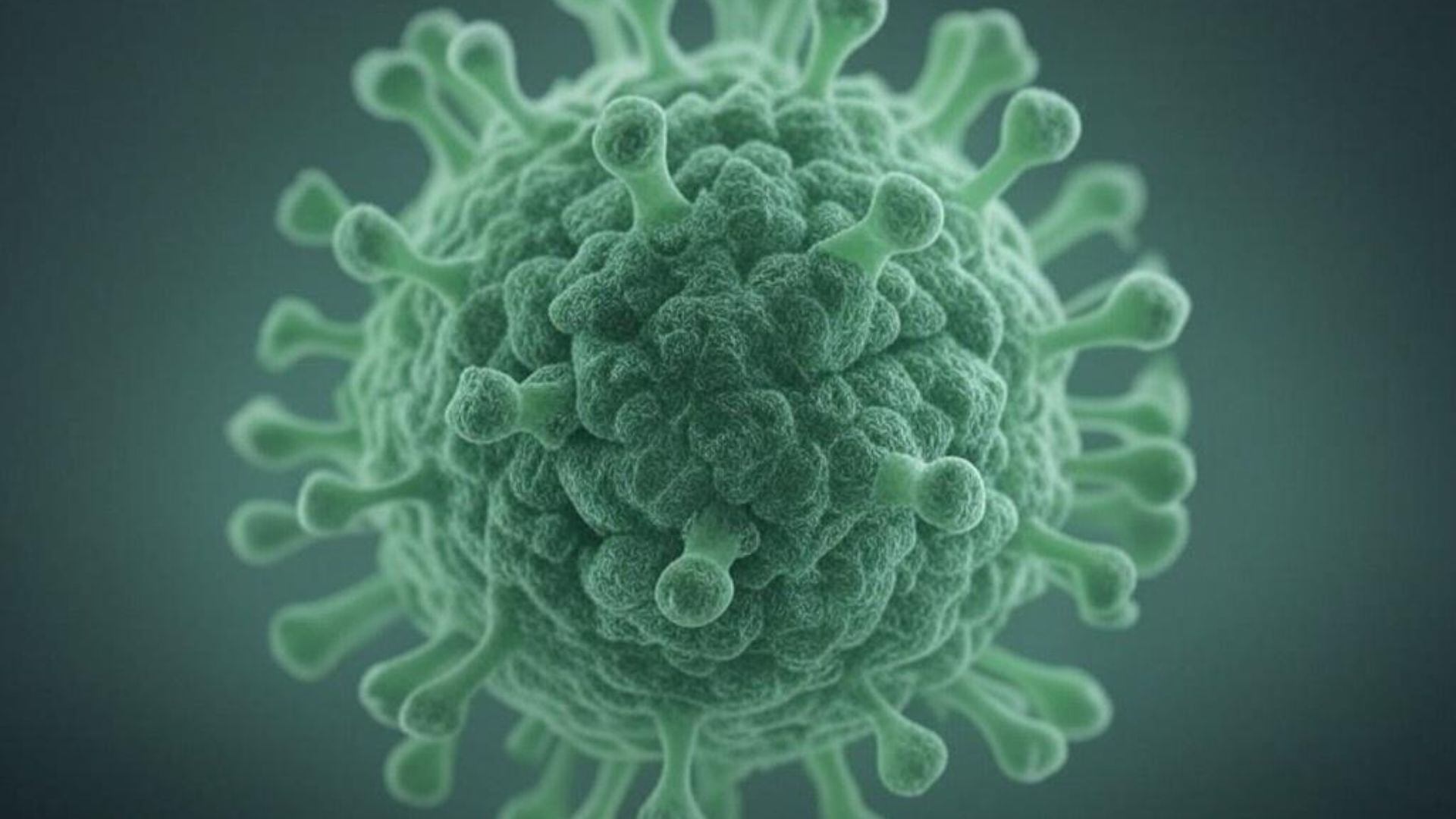BEIJING (AP) — The infection rate of human metapneumovirus (HMPV), similar to the flu, in northern China is decreasing, a health official said on Sunday, amid some international concern about a possible pandemic.
PUBLICIDAD
HMPV, which belongs to the same family as the human respiratory syncytial virus, causes symptoms similar to those of the flu or the common cold, such as fever, cough, and nasal congestion. The symptoms often resolve on their own, although they can cause lower respiratory tract infections in children, older adults, and immunocompromised individuals.
PUBLICIDAD
"The human metapneumovirus is not a new virus and has been with humans for at least several decades," said Wang Liping, a researcher at the Chinese Center for Disease Control and Prevention, during a press conference of the National Health Commission of China.
Wang added that the increase in the number of cases of the virus in recent years, first detected in the Netherlands in 2001, is due to better detection methods.
"Currently, the rate of positive cases in the detection of human metapneumovirus is fluctuating, and the rate of positive cases in the northern provinces is decreasing, and the rate of positive cases among patients aged 14 and under has started to decrease," he stated.
Recently, concerns have arisen about an increase in HMPV infections in northern China after images circulated online showing crowded hospitals with patients wearing masks.
The World Health Organization reported that it has not received any reports of unusual outbreaks in China or elsewhere.
Experts say that HMPV is not like COVID-19, in the sense that it has been present for decades and there is some natural immunity against it. Most children become infected with the virus before the age of 5.
Wang explained that respiratory illnesses that typically affect people in China are caused by known pathogens, and no new infectious diseases have emerged.
The number of patients in fever clinics and emergency departments across the country has been increasing, but it is still generally lower compared to the same period last year, explained Gao Xinqiang, deputy director of the Emergency Medical Response Department of the commission.
"There is no obvious shortage of medical resources," Gao added.
The spokesperson of the commission, Hu Qiangqiang, stated that it is expected for flu infections across the country to gradually decrease by mid to late January.
There are no vaccines or medications available for HMPV. Experts recommend precautions to avoid contracting the virus and other respiratory illnesses, such as regularly washing hands, avoiding crowds if possible, and wearing a mask in crowded places.
